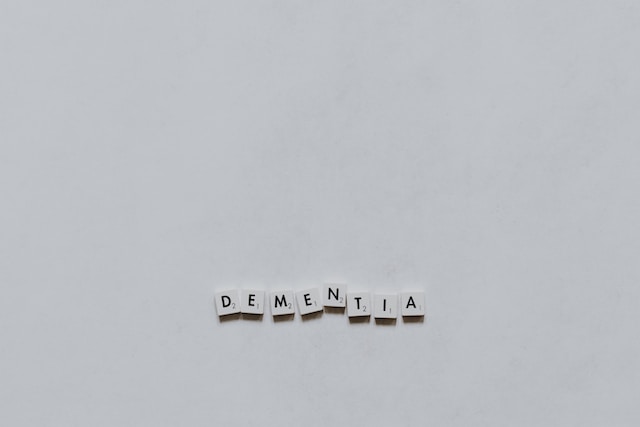Introduction: Dementia and Alzheimer’s disease continue to be shrouded in stigma, perpetuating misconceptions and hindering support for those affected. This stigma not only affects individuals living with the condition but also their families and caregivers. In this article, we will explore the importance of breaking down the stigma surrounding dementia and Alzheimer’s, highlighting the need for empathy, understanding, and a compassionate society.
Challenging Misconceptions: One of the first steps in breaking down the stigma is dispelling misconceptions about dementia and Alzheimer’s. Many people mistakenly believe that dementia is a normal part of aging or that it solely involves memory loss. In reality, dementia is a complex neurological condition that affects cognitive abilities, emotions, and behavior. By raising awareness and providing accurate information, we can challenge these misconceptions and promote a more accurate understanding of the conditions.
Humanizing the Experience: Sharing personal stories and experiences of individuals living with dementia and their caregivers can humanize the condition, fostering empathy and understanding. These stories help others recognize that individuals with dementia are still unique individuals with thoughts, emotions, and a desire for connection. By highlighting their strengths, resilience, and achievements, we can shift the narrative from one of pity to one of respect and admiration.
Promoting Inclusion and Support: The stigma surrounding dementia often leads to isolation and discrimination. It is essential to create inclusive communities that offer support and understanding for individuals and families affected by dementia. This can involve establishing dementia-friendly spaces, providing educational programs to enhance awareness, and organizing support groups where individuals can share experiences and find solace in a non-judgmental environment.
Enhancing Public Education: Education plays a critical role in breaking down stigma. By integrating dementia education into school curricula, we can promote understanding and acceptance from an early age. Educating healthcare professionals, policymakers, and the general public about dementia can help dispel misconceptions and foster a supportive environment for those affected.
Supporting Caregivers: Caregivers play a crucial role in supporting individuals with dementia, but they often face significant challenges and emotional strain. Breaking down the stigma involves recognizing the vital role of caregivers and providing them with the support they need. This can include respite services, counseling, and financial assistance. Supporting caregivers not only benefits them personally but also ensures better care for individuals with dementia.
Advancing Research and Treatment: Advancements in research and treatment for dementia are essential to combatting the stigma surrounding the condition. By investing in research, we can better understand the causes, risk factors, and potential treatments for dementia and Alzheimer’s. This knowledge can help reshape public perception, reduce fear, and foster hope for individuals and families affected by the conditions.
Changing Language and Labels: The language used to describe individuals with dementia can perpetuate stigma. It is important to use respectful and person-centered language that focuses on the individual, rather than the condition. Using phrases like “person living with dementia” instead of “dementia patient” can help reduce stigma and promote a more empathetic approach.
Conclusion: Breaking down the stigma surrounding dementia and Alzheimer’s is crucial for creating a society that supports and embraces individuals living with these conditions. By challenging misconceptions, sharing personal stories, promoting education, supporting caregivers, advancing research, and changing language, we can foster a more compassionate and inclusive environment. It is time to replace fear and stigma with empathy, understanding, and dignity for all those affected by dementia and Alzheimer’s.












